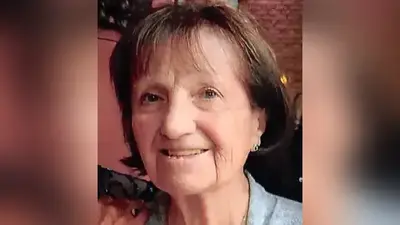An Orland Park trustee is asking for greater transparency ahead of adult recreational marijuana legalization on Jan. 1, 2020.
While the Cannabis Regulation and Tax Act could be a revenue windfall for the state, cities and towns lack guidance on how to address user impairment, said Orland Park village trustee James Dodge.
“My perspective as a trustee and a taxpayer [is] I don’t think the laws are strong enough," Dodge said. "My statement and I’ve said this for a number of years: I’m not opposed to legalized marijuana – but if you want to get high, stay home.”

James Dodge
Dodge noted an accident last year in which two Orland Park police officers were injured when their squad car was rear-ended by a suspect later charged with driving under the influence of marijuana.
“What we all should demand from Springfield – if you’re going to allow this, then do the full math on the social costs,” Dodge said. “Who pays the price when the system doesn’t protect us from people driving, or going to work while they’re impaired?”
The legal system lacks clarity, Dodge said.
“When a cop pulls someone over and that police officer thinks there’s impairment that is dangerous to the rest of us, what rules apply?" Dodge said. "State legislative rules say one thing, but then in a place like Orland, where you have the Cook County system, does it actually work?”
The field sobriety standard for detecting if someone is impaired while on marijuana is very unclear, Dodge added.
“The reality here is, if you’re going to allow people to use a chemical that causes impairment, what about the rest of us?” Dodge said.
Dodge noted that in light of Illinois’ indoor smoking ban, cigar bars must follow a certain set of rules, but questions whether those same rules will apply to legalized marijuana.
“I don’t think the state’s figured it out on marijuana,” Dodge said. “They have totally underthought it.”






 Alerts Sign-up
Alerts Sign-up